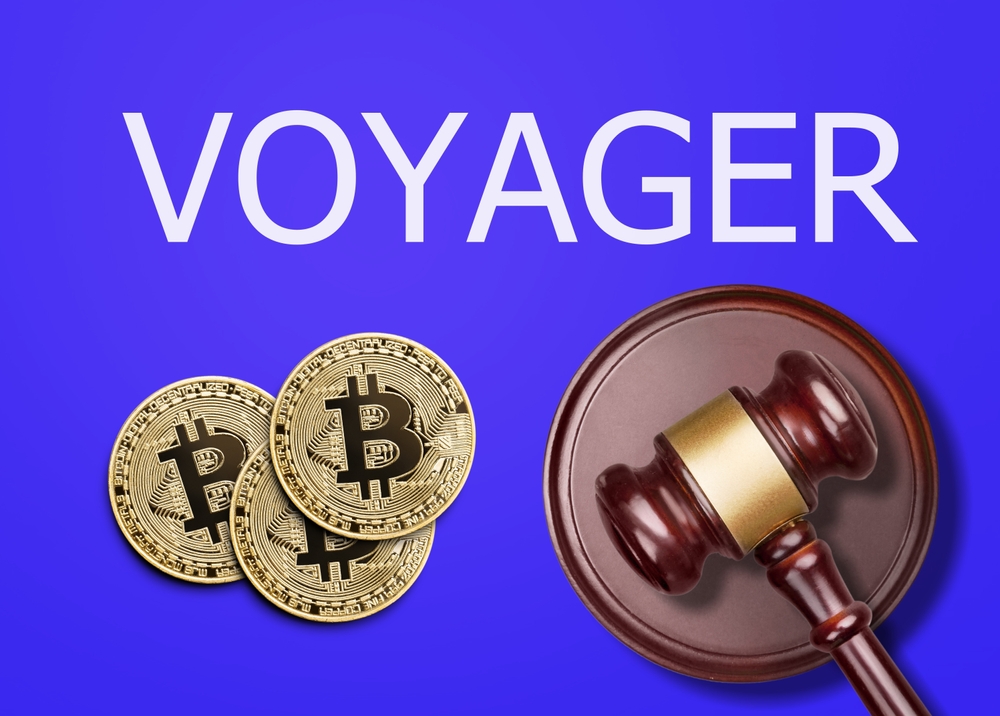A finance attorney and Voyager creditor, Michelle DiVita, has requested the appointment of a Chapter 11 Trustee in Voyager’s bankruptcy case, which would result in Voyager losing control of its estate.
Voyager Creditor Files Motion For The Appointment Of A Trustee
In a motion dated February 1st, DiVita accused Voyager of having a past marked by inaccurate financial statements and false public statements, which were either known or easily discoverable, at the start of the bankruptcy case.
As a result of this behavior before the bankruptcy, DiVita believes that the appointment of a trustee or examiner was necessary. Hence, she is making that request herself. Her filing alleges that Voyager “hid the true nature of its lending services by publishing financial statements that significantly underestimated its loan positions by over $1 billion.”
Besides, Voyager’s former director, Shigo Lavine, pinpointed some major accusations in DiVita’s filing in a lengthy Twitter thread on February 1st. For instance, Lavine disproved the report’s claim that Voyager inaccurately reported a loan to the cryptocurrency hedge fund 3AC by $609 million.
Inaccurate Financial Reporting?
Also, the crypto lender allegedly underestimated the value of Bitcoin in its financial statements. The lender reduced it by 546% to downplay the magnitude of its loans.
Additionally, the filing states that the cryptocurrency exchange, Coinbase, became aware of the “financial report’s discrepancies” of Voyager. As a result, Coinbase decided not to proceed with a potential acquisition of Voyager’s assets after discovering that the financials did not match.
Meanwhile, a US Trustee is already overseeing the bankruptcy proceedings. The Trustee can also file a motion for the appointment of a Chapter 11 Trustee.
However, this will happen if there is justifiable evidence that the debtor was involved in fraudulent, dishonest, or illegal activities.
The US Trustee is responsible for appointing a creditors committee and evaluating requests for the compensation of professionals. If the debtors cannot manage their affairs, the US Trustee may also engage a bankruptcy trustee to oversee the debtor’s operations.
